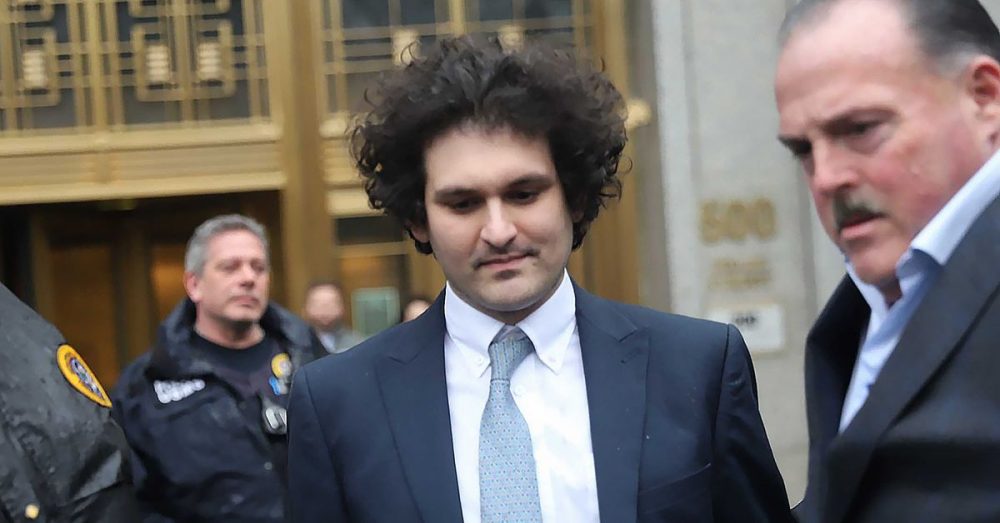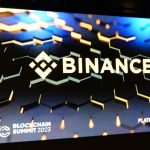All of FTX founder’s Sam Bankman-Fried’s proposed witnesses should be disqualified from testifying because their disclosure filings are insufficient, their experience may be misleading or their planned testimony may not be relevant, prosecutors said in a late Monday filing.
Bankman-Fried’s team, for their part, wants to exclude a financial analysis expert proposed by the Department of Justice because his proposed testimony may not be allowed under the rules. The filings, part of the so-called Daubert motions due Monday, laid out the two teams’ views on why their opposition should not be able to call certain witnesses to the stand when Bankman-Fried goes on trial for various fraud and conspiracy charges in a little over a month.
The DOJ moved to discount all seven of the expert witnesses proposed by Bankman-Fried’s team, saying that some of the disclosures they filed did not detail their opinions, while others “are inappropriate subjects for expert testimony” or possibly confusing for a potential jury.
The witnesses are Lawrence Akka, a British barrister, Thomas Bishop and Joseph Pimbley, who are with different consulting firms, Brian Kim, a data analytics and forensics expert, Bradley Smith, a law professor at Capital University Law School and Andrew Di Wu, an assistant professor at the University of Michigan.
Akka’s testimony should be barred as his proposed opinion would speak to the definition of a “trust” under law, the DOJ said, which is the judge’s role. Furthermore, his definition seemed limited to a single example, it added.
Neither Kim nor Bishop’s disclosures share details about what they would actually testify about beyond general topics, which isn’t allowed, the filing went on to add.
Smith’s testimony isn’t needed because the DOJ is not bringing a campaign election-specific charge, on which the professor would have spoken about, the prosecutors’ filing said. Smith should also be barred because like Akka, his proposed testimony would try to explain the law to the jury.
Pimbley’s proposed testimony as an expert who can speak to FTX’s code is “unnecessary,” the DOJ said.
“At trial, the Government will call at least two witnesses – Gary Wang and Nishad Singh – who were involved in writing FTX’s code. They are lay witnesses who are competent to testify about the code, and relevant and admissible questions the defendant has about the code may be put to these witnesses during cross-examination,” the DOJ filing said. “There is no need for a separate ‘expert’ witness to testify on such matters, especially in light of the fact that such testimony would duplicate the testimony of fact witnesses.”
Another proposed witness, Peter Vinella, is being presented as a financial services industry expert but does not appear to have “sufficient experience or expertise” in the crypto industry, the filing said. Wu, a University of Michigan professor, would similarly testify about blockchains and the cryptocurrency industry in general, but this “testimony is not relevant to the contested issues at trial,” the DOJ said.
Some of Wu’s planned testimony – for example, detailing common practices around lending in crypto – is “improper,” the filing added.
Some of the witnesses disclosed their fees for providing testimony, saying they were being compensated for their time and services on an hourly rate. Akka is billing british pounds 800 per hour (~$1,010 U.S.), Bishop is billing $400 per hour, Kim is billing $650 per hour, Pimbley is charging $720 per hour, Smith is billing $1,200 per hour and Wu is billing $650 per hour. Vinella’s disclosure said his fees were not contingent on the outcome of the case, but did not specify what those fees were.
Peter Easton, an accountancy professor at the University of Notre Dame, is a proposed witness for the prosecution who should be barred from testifying because he did not provide a basis for his testimony and his planned opinions may not be permissible, the defense team said in its own filing.
“Many of Professor Easton’s ‘opinions’ simply narrate the Government’s allegations with no apparent expert analysis to purportedly assist the jury,” the filing said.
The filing pointed to proposed testimony addressing FTX’s internal accounting and deposit system, how FTX funds were allegedly commingled with Alameda funds and other details tied to the movement of FTX and FTX customers’ money.
“The Government should be required to prove its factual narrative by presenting admissible documentary evidence and testimony from percipient witnesses, not by substituting in an expert witness with no first-hand knowledge of the facts at issue and no proffered expert analyses to aid the jury’s understanding,” the filing said.
Easton is tied to The Brattle Group, a consulting firm, which is charging $1,175 per hour for his testimony.
The two teams of lawyers will meet virtually on Wednesday at 1:00 p.m. to discuss the defense team’s motions to have Bankman-Fried allowed out of jail more frequently to prepare his defense and to bar the prosecution from using any discovery shared after July 1, as well as his planned “advice-of-counsel” defense.
Ahead of this hearing, defense attorney Christian Everdell filed another letter on Monday complaining that the DOJ produced 3.7 million pages of documents earlier on Monday, on top of another 4 million produced last Thursday.







